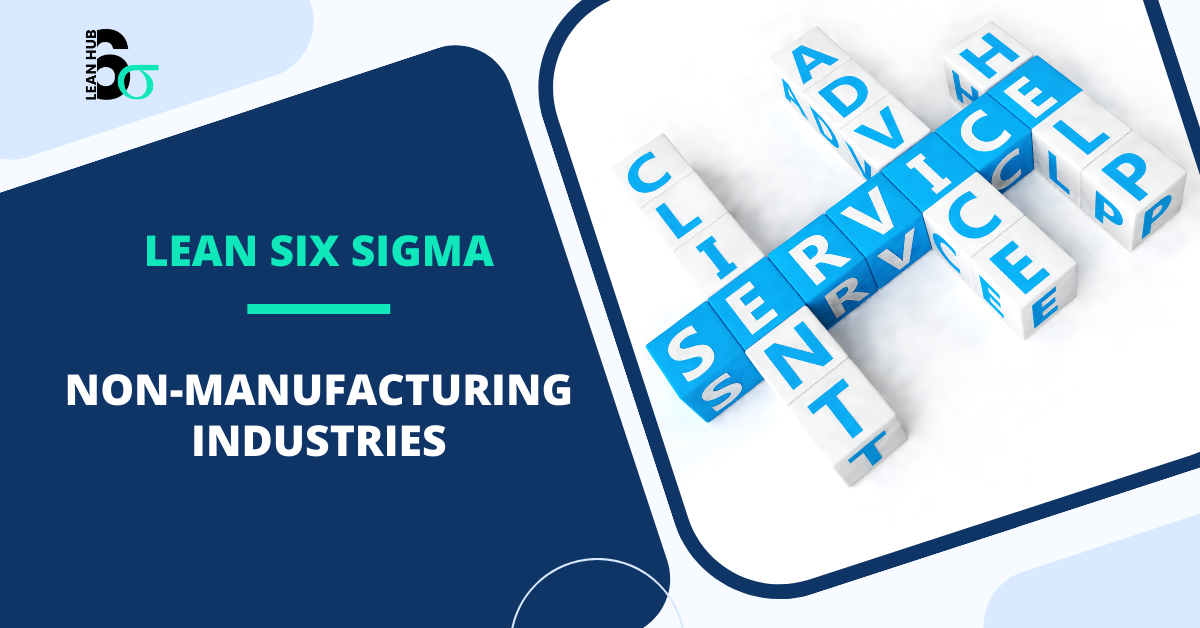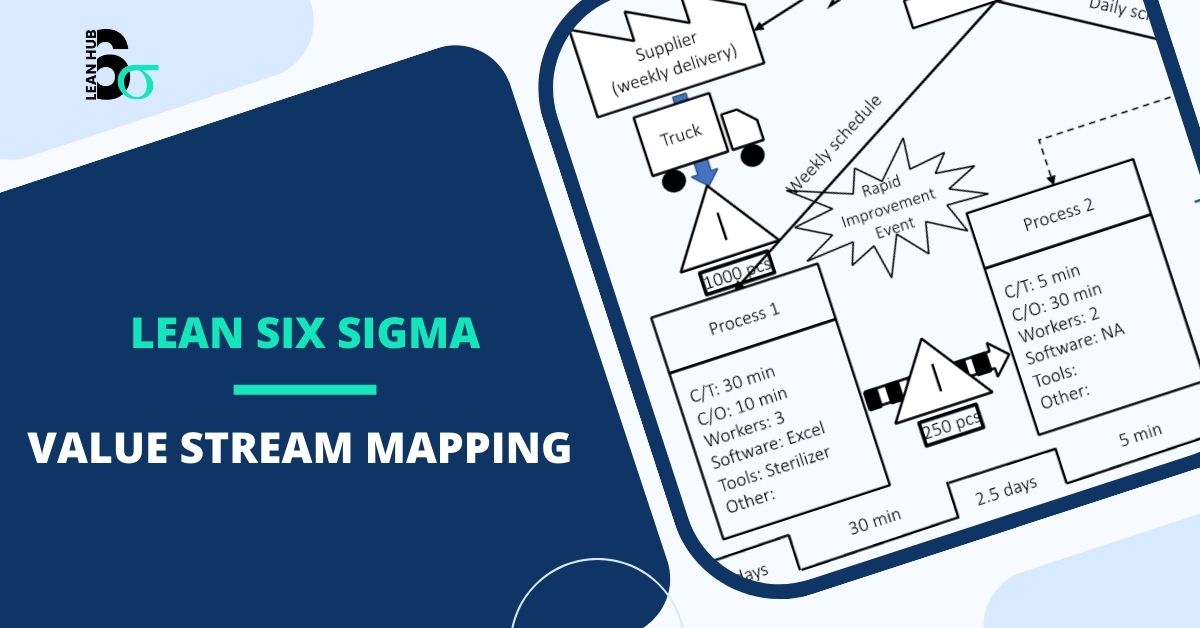By Lean 6 Sigma Hub – Redefining Continuous Improvement for the Modern Enterprise
Introduction: Is Lean Six Sigma Still Relevant in 2025?
In an era of rapid digital transformation, artificial intelligence, and agile frameworks, many professionals and organizations are asking: “Is Lean Six Sigma still worth it?” The short answer is yes—but only if it’s applied with relevance, adaptability, and strategic alignment.
At Lean 6 Sigma Hub, we believe that Lean Six Sigma (LSS) is not just still relevant—it’s evolving into something more powerful. As continuous improvement frameworks mature, LSS provides a timeless foundation for solving problems with data, improving customer experience, and optimizing performance across industries.
Let’s explore why Lean Six Sigma continues to deliver value and how you can ensure it remains a worthwhile investment for your career or organization.
What Is Lean Six Sigma, and Why Was It Popular?
Lean Six Sigma is a performance improvement methodology that combines Lean (eliminating waste) and Six Sigma (reducing variation). Originally developed for manufacturing, it has since expanded into healthcare, finance, government, retail, IT, and startups.
From DMAIC to value stream mapping, and from Yellow Belt to Master Black Belt, Lean Six Sigma introduced a structured, data-driven language for improvement that helped companies:
- Reduce costs and defects
- Increase customer satisfaction
- Improve time-to-delivery
- Standardize operations
Why Some People Question Its Relevance
The skepticism around Lean Six Sigma’s relevance typically comes from:
- The rise of Agile, Scrum, and DevOps in modern workplaces
- Perceived complexity or bureaucracy in Lean Six Sigma programs
- Misapplication or outdated training models that lack digital integration
However, this does not mean LSS is obsolete. It means it needs to evolve and align with today’s strategic demands.
5 Reasons Why Lean Six Sigma Is Still Worth It in 2025
1. It Drives Measurable ROI
Organizations that deploy Lean Six Sigma effectively still report millions in annual savings. By targeting high-impact problems using structured tools like root cause analysis, hypothesis testing, and process mapping, businesses see real financial and operational benefits.
2. It Works Across Industries and Functions
Whether you’re in manufacturing, healthcare, utilities, banking, or even education, Lean Six Sigma adapts to your environment. It provides a universal toolkit that applies to operations, customer service, procurement, IT, and more.
3. It Elevates Career Potential
Lean Six Sigma certifications—especially at the Green Belt, Black Belt, and Master Black Belt levels—enhance resumes, increase earning potential, and unlock strategic leadership roles. Employers still value professionals who can speak the language of process, data, and impact.
4. It Complements Agile and Digital Transformation
Contrary to popular belief, Lean Six Sigma and Agile can coexist. At Lean 6 Sigma Hub, we teach how to integrate DMAIC with Agile sprints, use LSS tools in digital workflows, and embed problem-solving into innovation pipelines.
5. It Cultivates a Culture of Continuous Improvement
Beyond tools and certifications, LSS fosters a mindset of system thinking, data-driven decisions, and empowerment. In the age of AI, human-centered problem-solving remains critical—and that’s what Lean Six Sigma strengthens.
The Evolution of Lean Six Sigma: How It Must Adapt
To remain worth it, Lean Six Sigma must:
- Modernize training delivery with e-learning, simulation, and gamified formats
- Focus on real-world problems in digital, ESG, and service sectors
- Embrace tools like AI, RPA, and predictive analytics
- Link to strategic frameworks like Hoshin Kanri and business architecture
- Support transformation—not just incremental improvement
That’s why Lean 6 Sigma Hub has reimagined traditional LSS training through simulations (like Jv’s Pizza), proprietary tools (like the NAVIGATE™ Framework), and modular certification paths built for today’s professionals.
Who Should Still Learn Lean Six Sigma?
Lean Six Sigma is still 100% worth it for:
- Professionals in operations, quality, or transformation roles
- Project managers or process owners looking to scale impact
- Organizations seeking structured improvement models
- Leaders needing a framework to reduce costs and improve service
- Anyone wanting to build analytical and leadership capability
Even those in tech, startups, or ESG find LSS principles helpful when adapted to modern contexts.
Final Verdict: Yes, Lean Six Sigma Is Still Worth It—If You Use It Right
Like any methodology, Lean Six Sigma is only as good as how it’s used. In a world of complexity, faster cycles, and customer-centricity, LSS continues to offer clarity, structure, and impact.
But the key is modernizing it—making it hands-on, relevant, and aligned with today’s enterprise goals.
At Lean 6 Sigma Hub, we’ve helped 100+ organizations and thousands of students rediscover the power of Lean Six Sigma—by keeping it fresh, focused, and future-ready.
Ready to Make Lean Six Sigma Work for You?
✅ Get started with our Free White Belt course
✅ Explore industry-recognized Green and Black Belt certifications
✅ Discover our simulation kits and transformation frameworks
👉 Visit Lean6SigmaHub.com and find out how to turn Lean Six Sigma into your competitive advantage.
Frequently Asked Questions (FAQ)
Q: Is Lean Six Sigma outdated?
A: No. It’s evolving. When paired with modern tools and contexts, LSS remains highly relevant.
Q: Can I learn Lean Six Sigma without a manufacturing background?
A: Absolutely. Today, LSS is used in service, tech, healthcare, finance, and public sector roles.
Q: Does Lean Six Sigma work with Agile?
A: Yes! We teach how to integrate DMAIC and Agile to achieve faster and smarter results.
Q: Is Lean Six Sigma still in demand?
A: Yes. LSS certifications are still highly valued by employers looking for structured problem-solvers.








